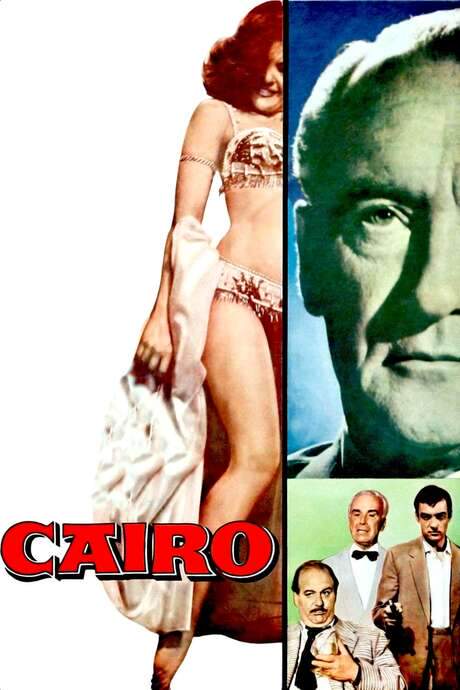
Cairo Station
Year: 1958
Runtime: 77 mins
Language: Arabic
Qinawi, a physically disabled newspaper peddler working in Cairo’s bustling central train station, becomes fixated on Hanuma, an attractive young woman who sells drinks there. Though she teases him about a romance, her heart belongs to Abu Siri, a strong, respected porter determined to unionize his fellow workers and resist their boss’s exploitative, abusive practices.
Warning: spoilers below!
Haven’t seen Cairo Station yet? This summary contains major spoilers. Bookmark the page, watch the movie, and come back for the full breakdown. If you're ready, scroll on and relive the story!
Cairo Station (1958) – Full Plot Summary & Ending Explained
Read the complete plot breakdown of Cairo Station (1958), including all key story events, major twists, and the ending explained in detail. Discover what really happened—and what it all means.
Qinawi, played by Youssef Chahine, is a quiet, physically mild man who wins a small mercy from a weary newsstand owner and lands a job selling newspapers in the bustling Cairo train station. At first, the day-to-day grind is enough to keep his head down, and the other workers and passengers barely spare him a glance. The women around the station treat him with a blend of courtesy and distance, a pattern that slowly saps his nerves and sours his sense of belonging. The world around him feels hurried and uncaring, and he begins to carry himself as if invisible, a man who simply survives in the margins of a crowded city.
Hanuma, a striking and cool-headed vendor of cold drinks, becomes the object of Qinawi’s careful gaze. She is both a bright spot in the station’s routines and a guarded presence, moving through the space with a confident calm that mystifies him. The more he watches her, the more his longing squares off against the harsh reality of her life. Hanuma is not a woman easily won over; she is engaged to Abu Siri, a burly luggage porter who dreams of organizing his fellow workers into a union to improve their lot. The tension between longing and refusal becomes not just a private ache but a social pressure point, as Qinawi’s fixation grows bolder even as her commitment to Abu Siri remains clear and unshakable.
Abu Siri, played by Farid Shawqy, is a man of stubborn practicalities who sees the labor landscape as a battlefield and a ladder. He is determined to rally his colleagues and push for better conditions, even if it means clashing with station rules and local authorities. The friction between his political goals and Qinawi’s private obsession adds a volatile texture to an already strained environment. Abu Siri’s world—where physical labor meets collective ambition—becomes the backdrop against which Qinawi’s inner life spirals, tugging the story toward a terrifying turning point.
As Qinawi’s longing hardens into a dream of a home and children in a village he has conjured up in his mind, his imagination begins to blur with danger. The catalyst comes in the form of news of an unsolved murder that unsettles the station and the city. He seizes on a blade and a plan, rationalizing his path as a kind of justice against the world that has rejected him. The more he rehearses the act, the more detached he becomes from common sense, slipping toward a state where danger feels like a solution rather than a threat. The quiet, daily rhythms of the train yard become a stage for a darker, interior drama.
The plot ramps up as the plan moves from fantasy to execution. Hanners? No—the moment is more tense than melodrama: Qinawi schemes to lure Hanuma into a secluded space by exploiting a moment when she must retrieve a bucket of drinks. She asks a friend to fetch it instead, but the plan misreads the social choreography of the yard, and the moment of danger still arrives with a cruel precision. In the darkness, a second woman—one who has stepped into the wrong place at the wrong time—meets with a violent end as Qinawi drives a knife into her, then hides the body inside a wooden crate that is supposed to hold Hanuma’s trousseau. The crate is sent onto a train as a macabre prop for what he believes will be a victory over the obstacles in his life. The scene is chilling in its methodical cruelty, a stark descent from a man who once seemed merely ghostlike in his rejection from the world.
The would-be victim survives, and the station’s watchers begin to connect the dots. The local police, cautious and wary of stirring labor tensions, initially look at Abu Siri as the prime suspect because his union efforts threaten a fragile balance of power at the station. Yet the real culprit is revealed through the tenacious persistence of the survivor, who identifies Qinawi as the aggressor. The newsstand owner—still a surrogate mentor figure in a way—senses the tension and tries a final, coercive move to keep order and perhaps salvage something of the man’s humanity. He suggests that Qinawi could still marry Hanuma if he would simply step into a wedding garment, a symbolic gesture meant to shatter the illusion that violence can be contained within the margins of daily life. The twist lands with grim irony: the garment fits a man who is already trapped, and the act exposes the horror of a mind that has chosen its own distorted law.
As the crowd closes in, Qinawi cannot escape the truth of his actions. The weight of his delusion collapses around him, and he is finally restrained—sealed away not by justice alone but by the collective realization that a single moment of unchecked fantasy can derail a life and ripple through a community. He is led away in the literal sense, but the portrait of a man undone by longing and isolation lingers in the air as the station resumes its ordinary cadence, now shadowed by a memory of a violence that cannot be fully explained or excused.
This story, carried through the corridors of a Cairo train station, unfolds with a clinical, austere mood that never overdramatizes its tragedy. It gathers momentum from small, humane observations of the people who cross Qinawi’s path—the newsstand workers, the women who navigate a world of casual rejection, the laborers who risk everything for a better wage—and asks the audience to witness how fragile a man’s mind can become when love, aspiration, and social marginalization collide. The film’s stark realism and unflinching look at male insecurity and systemic strain render a tale that feels almost documentary in its perception, yet deeply disturbing in its emotional precision. By the end, the audience is left with a haunting image: a man in a straitjacket, a city still moving, and a memory of a danger that began with a gaze and ended in sorrow.
Last Updated: October 07, 2025 at 08:30
Explore Movie Threads
Discover curated groups of movies connected by mood, themes, and story style. Browse collections built around emotion, atmosphere, and narrative focus to easily find films that match what you feel like watching right now.
Movies about obsessive violence like Cairo Station
Films about lonely individuals whose fixations curdle into shocking acts.If you were captivated by the tragic unraveling in Cairo Station, explore more movies like it. This collection features similar character-driven thrillers and dramas where intense loneliness or fixation leads to a violent climax, offering a stark look at psychological breakdown.
Narrative Summary
This thread follows narratives centered on an isolated protagonist whose unhealthy obsession with a person or idea becomes all-consuming. The story builds methodically, often from their point of view, creating a sense of inevitability as their delusions escalate, culminating in a violent act that shatters their world and the community around them.
Why These Movies?
Movies are grouped here for their shared focus on a lonely character's psychological disintegration. They share a clinical, often unsentimental tone, a steady pacing that builds dread, and a heavy emotional weight derived from witnessing a tragic, destructive arc that feels both disturbing and inevitable.
Claustrophobic social realism movies like Cairo Station
Gritty dramas where a specific, crowded location mirrors social tensions.For viewers who appreciated the gritty, location-driven realism of Cairo Station, this list curates similar movies. Discover other films where a bustling, confined setting amplifies social tensions and personal dramas, creating a powerful and austere cinematic experience.
Narrative Summary
The narrative pattern involves intersecting lives within a confined, socially stratified environment. The plot often weaves together a personal story of desire or ambition with a broader commentary on labor, class, or marginalization. The location itself is a character, creating a sense of entrapment as personal and social conflicts collide, usually with a bleak outcome.
Why These Movies?
These films share a specific vibe: an austere, observational style that grounds personal tragedy in a tangible social reality. They are united by an oppressive and claustrophobic mood, a steady, deliberate pacing, and a straightforward complexity that lends their stories a powerful, impactful simplicity.
Unlock the Full Story of Cairo Station
Don't stop at just watching — explore Cairo Station in full detail. From the complete plot summary and scene-by-scene timeline to character breakdowns, thematic analysis, and a deep dive into the ending — every page helps you truly understand what Cairo Station is all about. Plus, discover what's next after the movie.
Cairo Station Timeline
Track the full timeline of Cairo Station with every major event arranged chronologically. Perfect for decoding non-linear storytelling, flashbacks, or parallel narratives with a clear scene-by-scene breakdown.

Characters, Settings & Themes in Cairo Station
Discover the characters, locations, and core themes that shape Cairo Station. Get insights into symbolic elements, setting significance, and deeper narrative meaning — ideal for thematic analysis and movie breakdowns.

Cairo Station Spoiler-Free Summary
Get a quick, spoiler-free overview of Cairo Station that covers the main plot points and key details without revealing any major twists or spoilers. Perfect for those who want to know what to expect before diving in.

More About Cairo Station
Visit What's After the Movie to explore more about Cairo Station: box office results, cast and crew info, production details, post-credit scenes, and external links — all in one place for movie fans and researchers.

Similar Movies to Cairo Station
Discover movies like Cairo Station that share similar genres, themes, and storytelling elements. Whether you’re drawn to the atmosphere, character arcs, or plot structure, these curated recommendations will help you explore more films you’ll love.
Explore More About Movie Cairo Station
Cairo Station (1958) Scene-by-Scene Movie Timeline
Cairo Station (1958) Movie Characters, Themes & Settings
Cairo Station (1958) Spoiler-Free Summary & Key Flow
Movies Like Cairo Station – Similar Titles You’ll Enjoy
Cairo Conspiracy (2023) Detailed Story Recap
The Nile Hilton Incident (2017) Film Overview & Timeline
Cairo Time (2010) Full Movie Breakdown
Auf der Strecke (On the Line) (2007) Detailed Story Recap
The Station (1990) Movie Recap & Themes
At Cairo’s Railway Station (2006) Film Overview & Timeline
Khamsa Bab (1983) Plot Summary & Ending Explained
Union Station (1950) Ending Explained & Film Insights
The Train (1970) Spoiler-Packed Plot Recap
Cairo (1963) Ending Explained & Film Insights
The Railway Station Man (1992) Story Summary & Characters
Cairo 30 (1966) Movie Recap & Themes
Cairo Road (1950) Spoiler-Packed Plot Recap
Ruby Cairo (1992) Plot Summary & Ending Explained
An Egypt Affair (2023) Story Summary & Characters

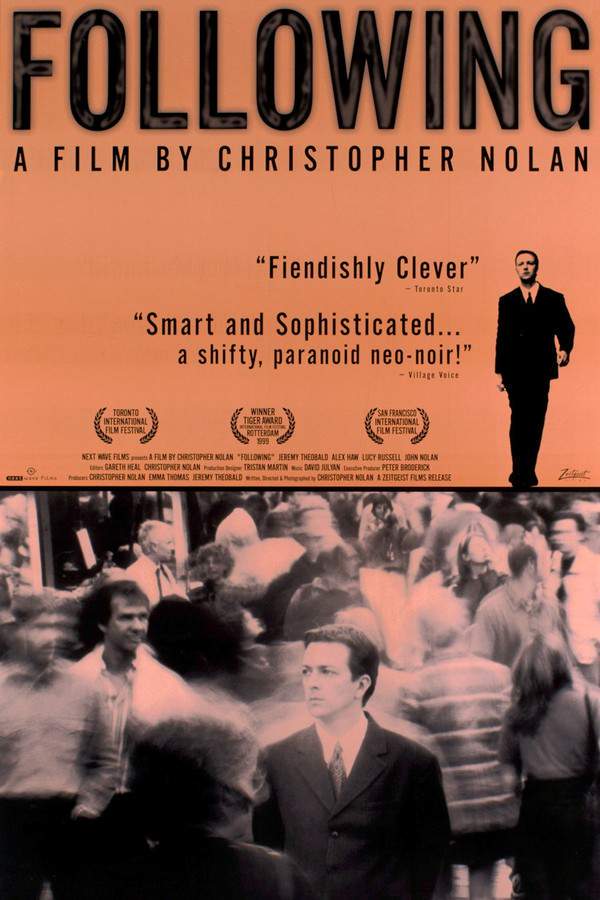
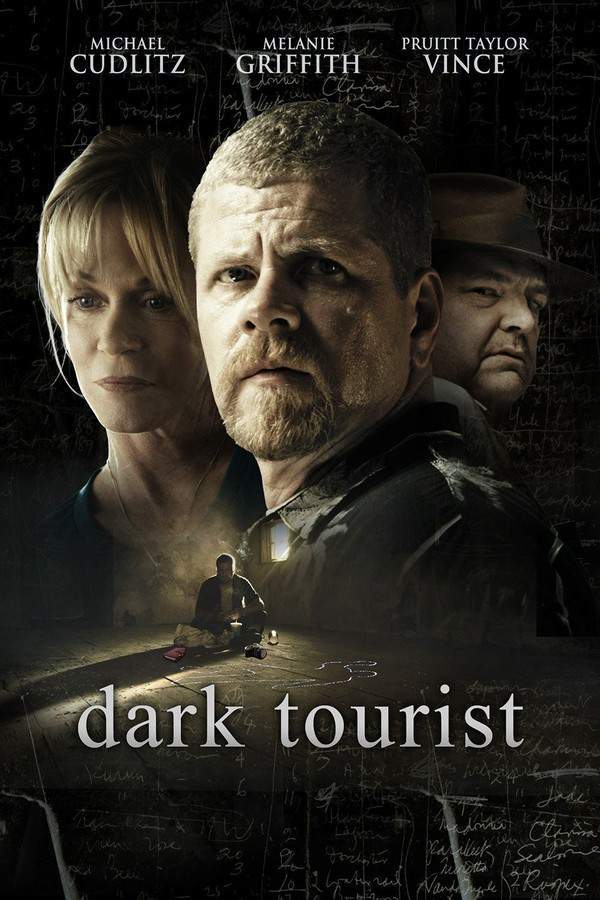









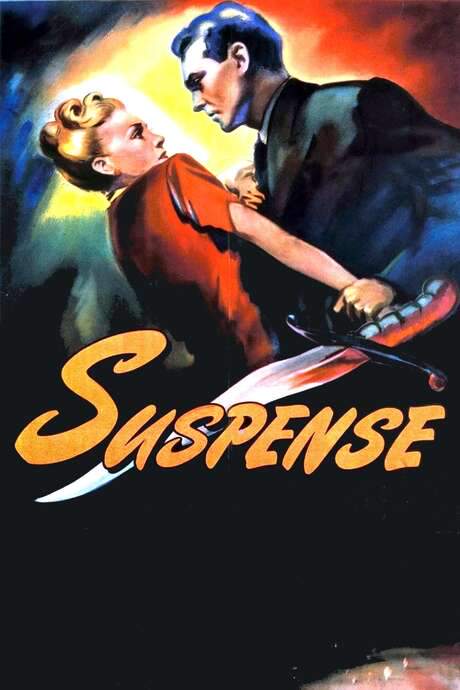




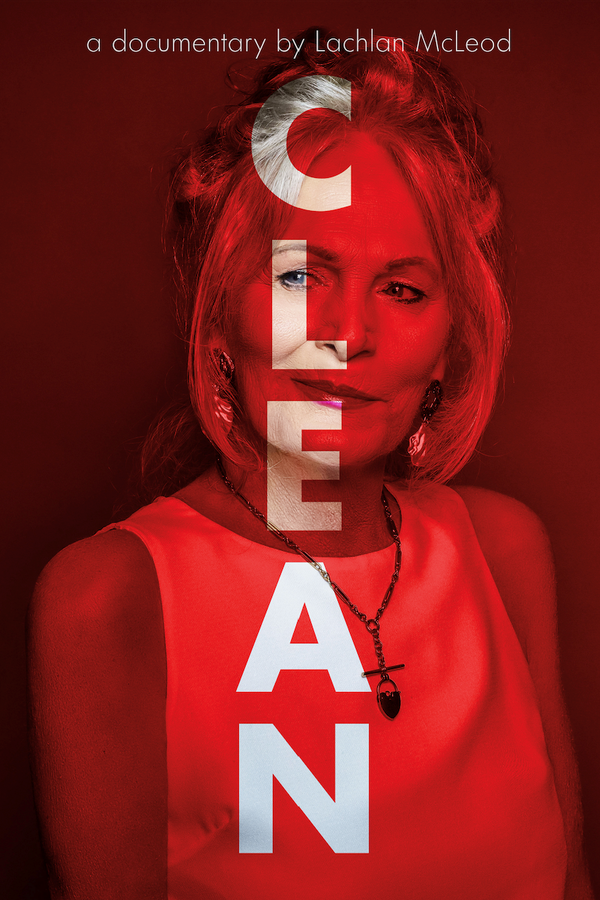






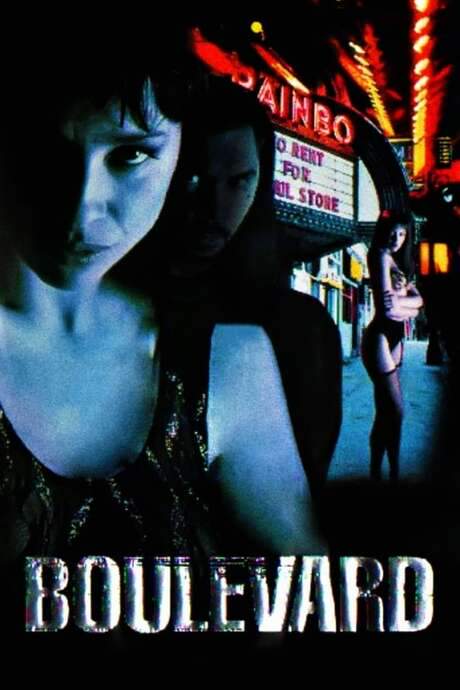





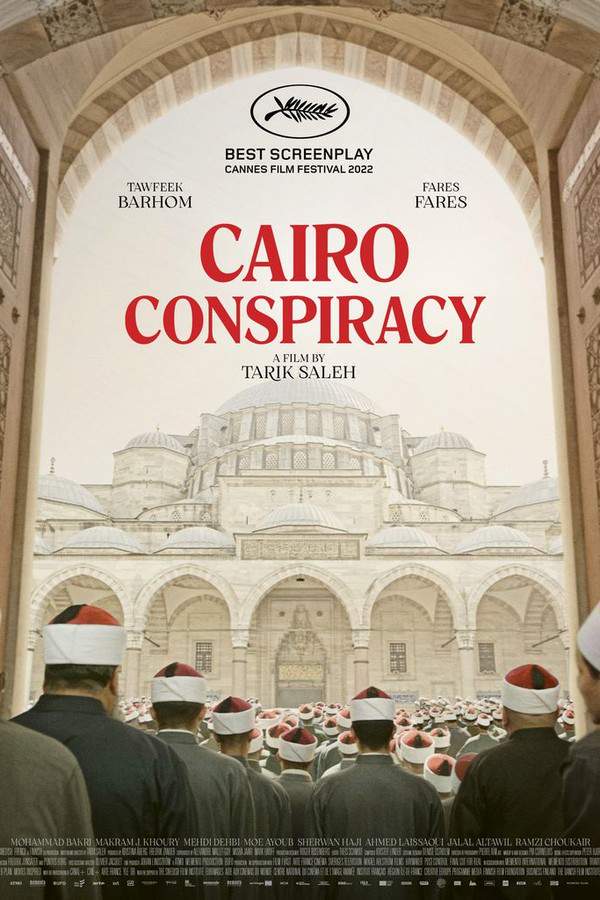
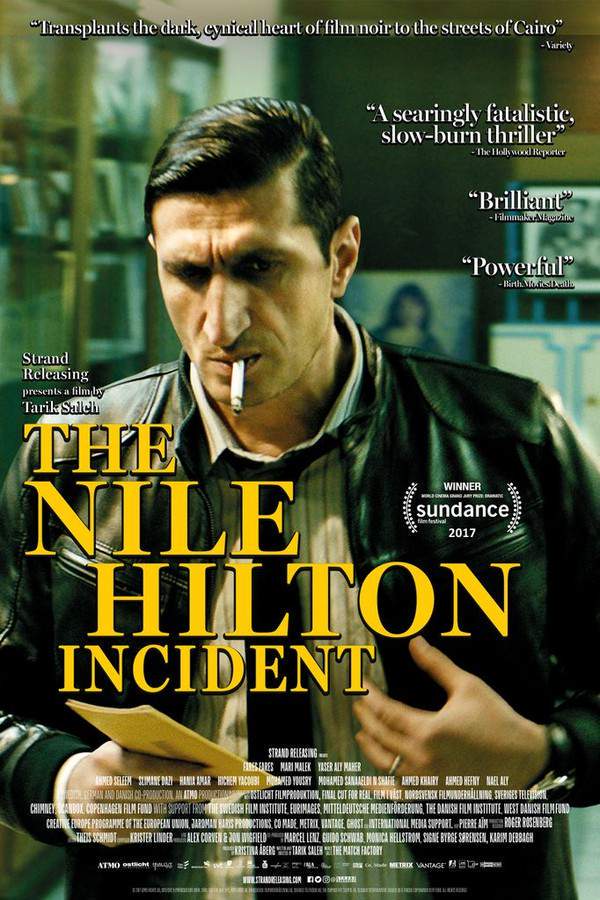
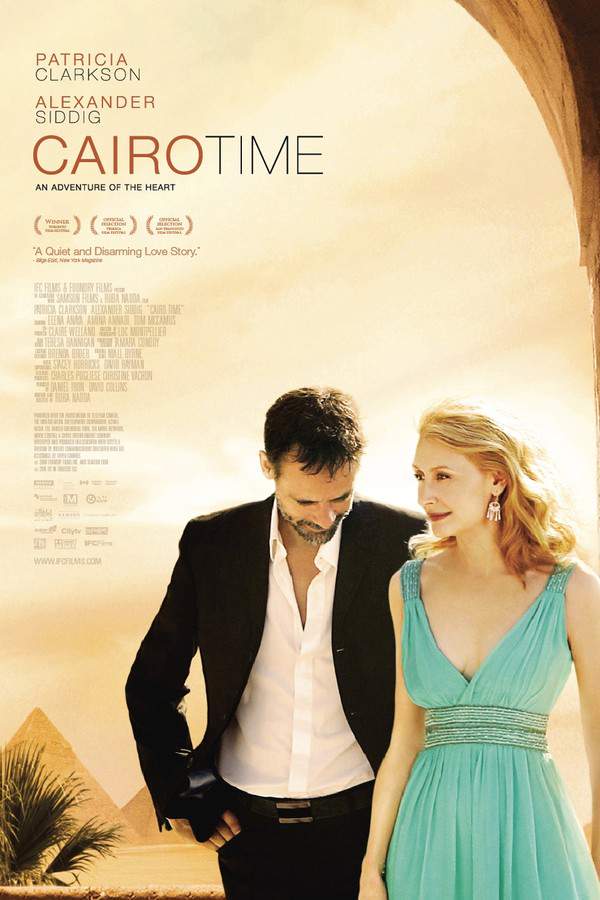
-zI8p1ynnf-9VjQ.jpg)





